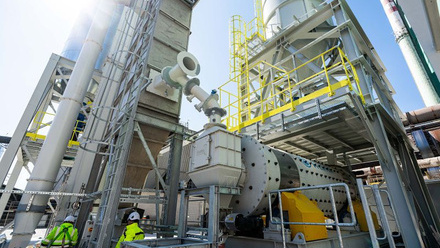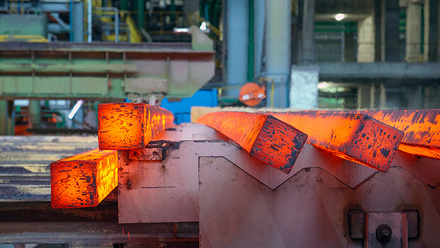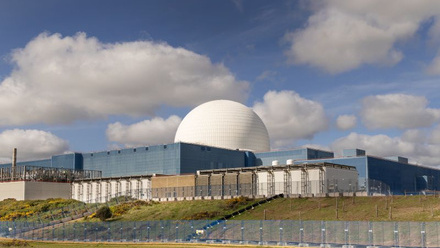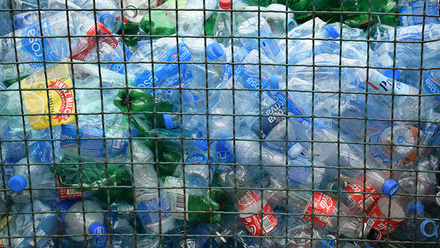Energy from Waste plants eligible for carbon capture support
A Government statement has announced that, due to ‘the management of residual waste [being] a particularly challenging sector to decarbonise’, carbon capture and storage (CCUS) would have to be the main decarbonisation option.

It reads, ‘In their Sixth Carbon Budget report, the Climate Change Committee (CCC) recommended that any new EfW facilities (within the waste management sector) should be built with CCUS or be CCUS-ready and that retrofits of existing EfW facilities should be required to install CCUS.
‘In their Progress in reducing emissions 2021: Report to Parliament, the CCC identified the decarbonisation of EfW as a gap that needs to be addressed with urgency, providing support to enable existing EfW facilities to begin to be retrofitted with CCUS from the late 2020s, and introducing policy to ensure that any new EfW facilities are built with CCUS or are ‘CCUS ready’.’
Following the Government’s commitment, recycling and waste management company, Cory, UK, announced plans to develop a major CCS project.
Cory intends to apply CCS technology to the UK’s largest single-site EfW operation. By 2030, this could deliver 1.5 million tonnes of CO2 savings per annum – providing a contribution to reducing the carbon emissions of the several million people Cory services in London and the South East.
The CCS project will involve the installation of technology to capture 90% of the emissions from Cory’s existing EfW facility, and its new, adjacent EfW facility which is expected to be operational by 2026.







